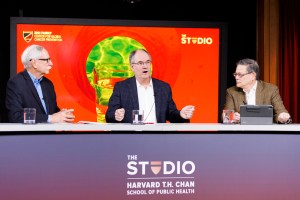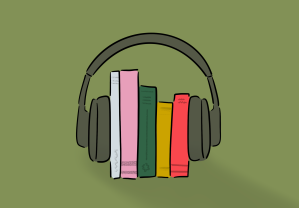Arts & Culture
-
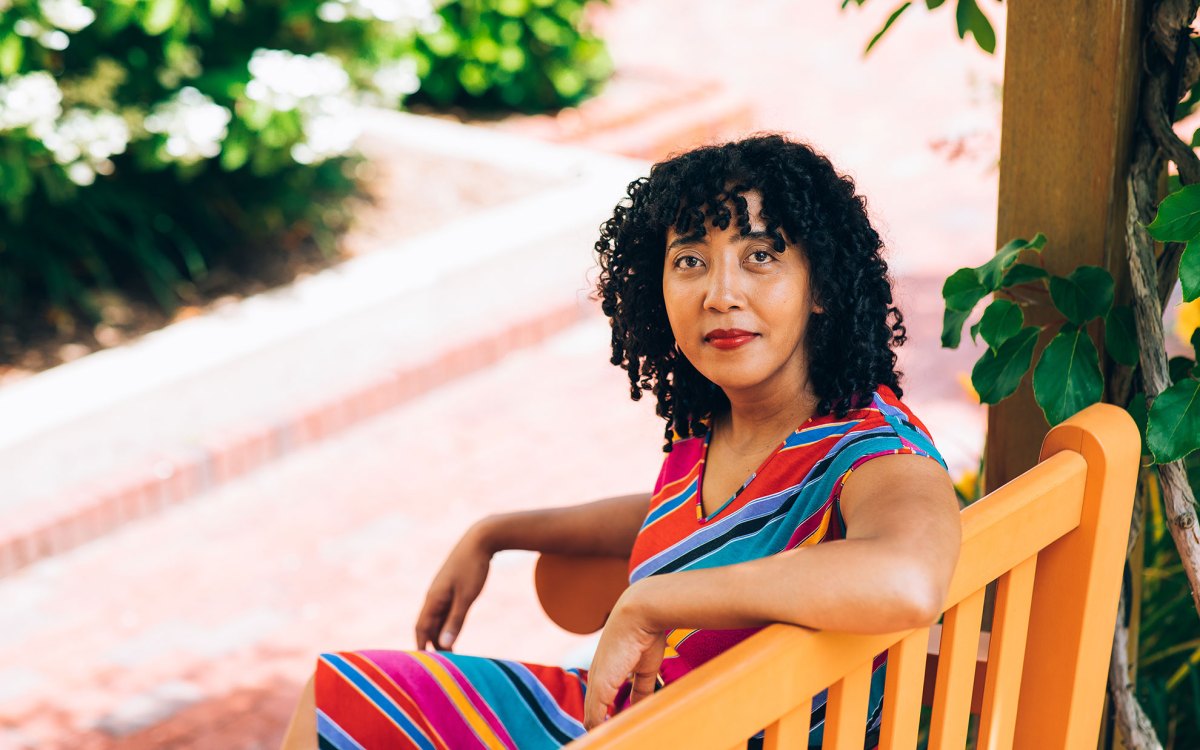
Immersed in Toni Morrison’s multitudes
Professor’s book is an appreciation of Nobel-winning novelist’s ‘difficult’ oeuvre — and a defense
-
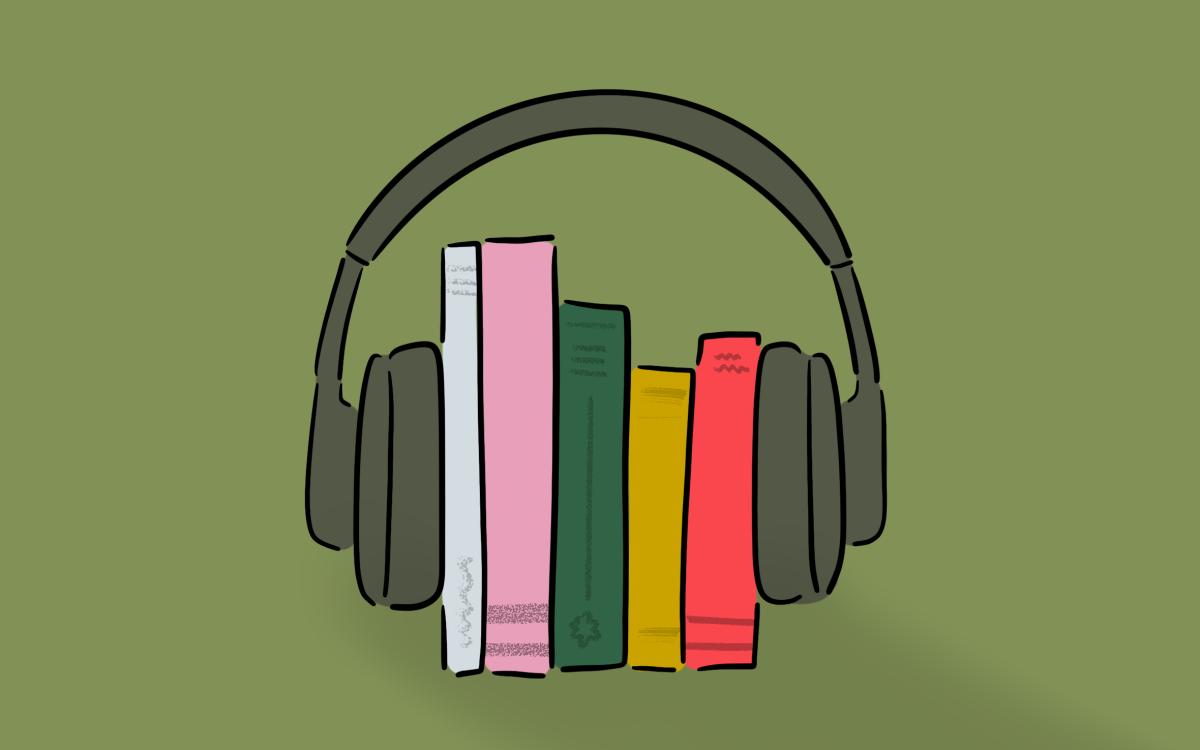
Audiobooks don’t really count as reading? Think again.
Education scholars say rigor, learning same as paper, stigma an unnecessary hurdle
-
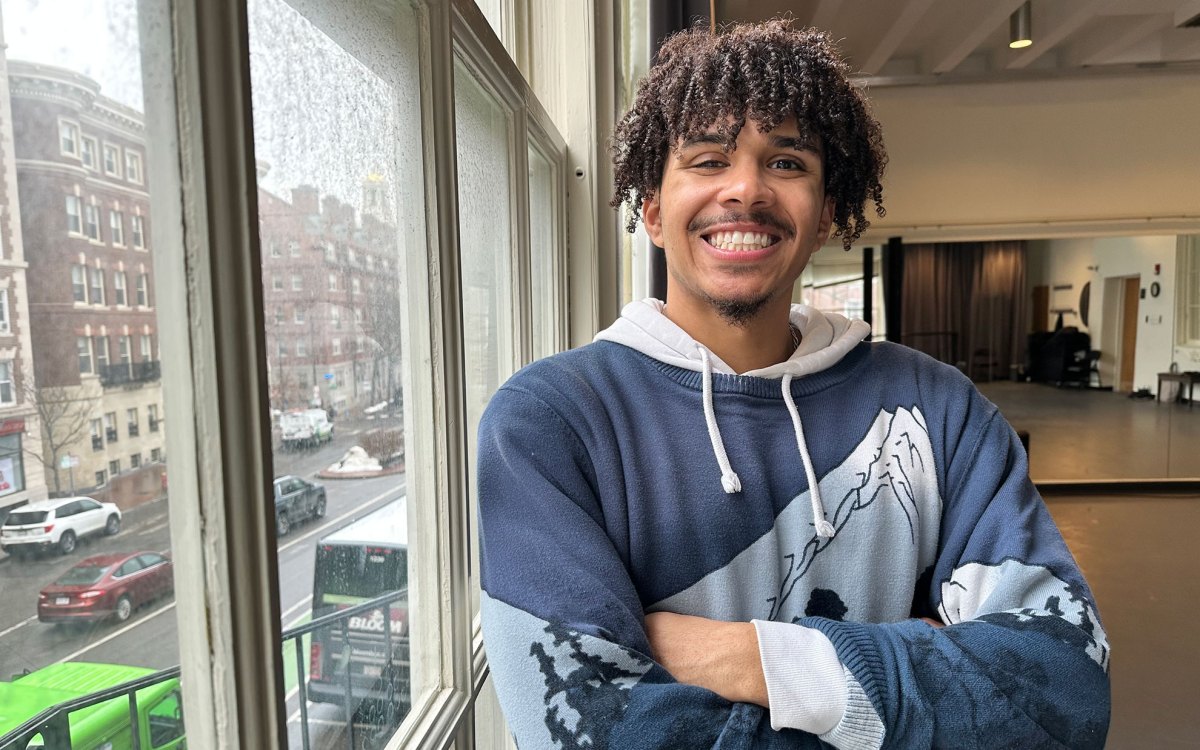
Retelling Frederick Douglass’ story, with a soundtrack
Senior composes musical about abolitionist’s early life
-
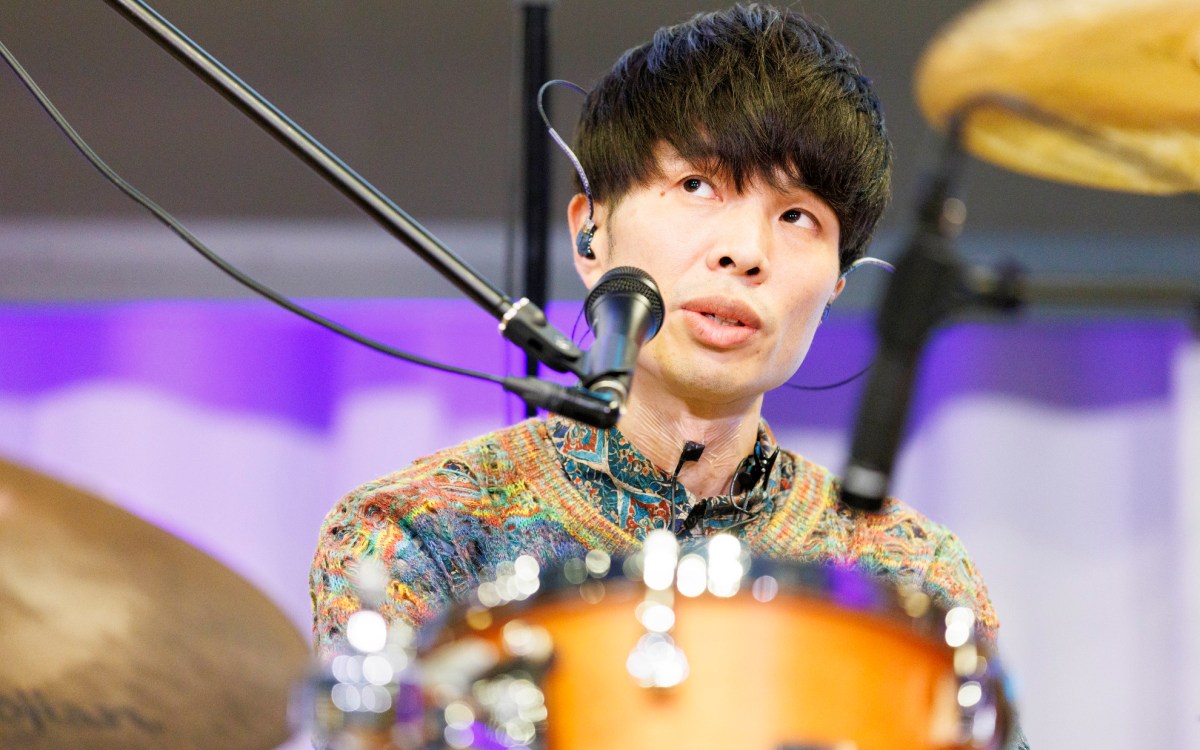
‘The sound stopped suddenly’
After rare condition robbed drummer of ability to play music, science led him back
-

Moved by what’s missing in Homer’s ‘Harrow’
Curator launches series steeped in U.S. history
-

Tina Fey’s keys to a good joke: Snark, confidence, surprise
Comedian keeps Harvard crowd laughing with longtime co-writer Robert Carlock ’95
-
World literature, sized right
A Harvard professor leads a team of editors to create a third edition of an erudite, Earth-circling “Norton Anthology of World Literature.”
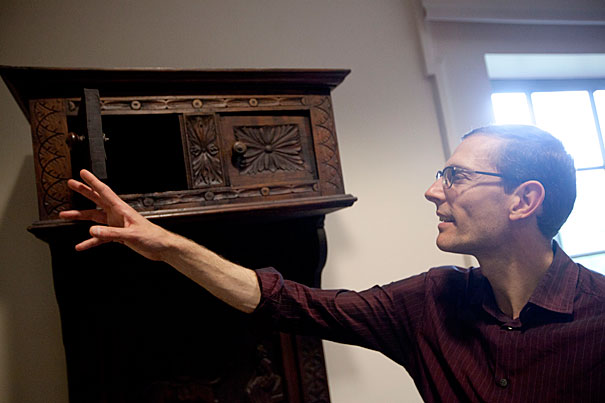
-
Old Japan, online
“Early Photography of Japan,” a virtual collection of more than 2,000 images from three Harvard University libraries, documents the early history of Japanese commercial photography, and reflects the Western image of traditional Japanese culture before modernization.
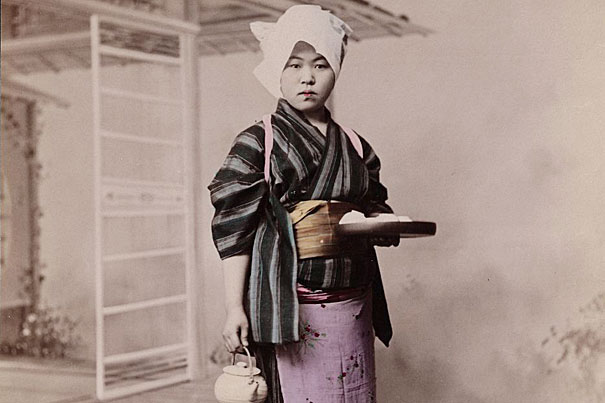
-
Updike’s roots and evolution
Harvard’s Houghton Library offers a glimpse of a coming treasure trove for scholars, the John Updike Archive.
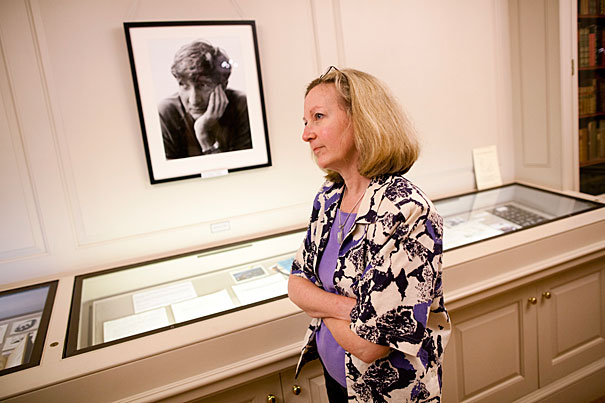
-
Strong showing for musicals with A.R.T. ties
“The Gershwins’ Porgy and Bess” and “Once” — two shows with pre-Broadway origins at the American Repertory Theater — had a boffo night at Sunday’s Tony Awards, taking home the prizes for best musical revival and best musical, respectively.
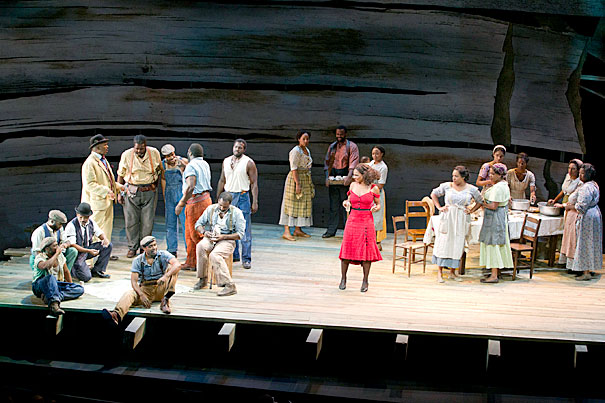
-
Jasper Johns, and a technique he loved
A new exhibition at the Arthur M. Sackler Museum profiling the print-inspired works of contemporary artist Jasper Johns was put together with the help of four Harvard undergraduates.
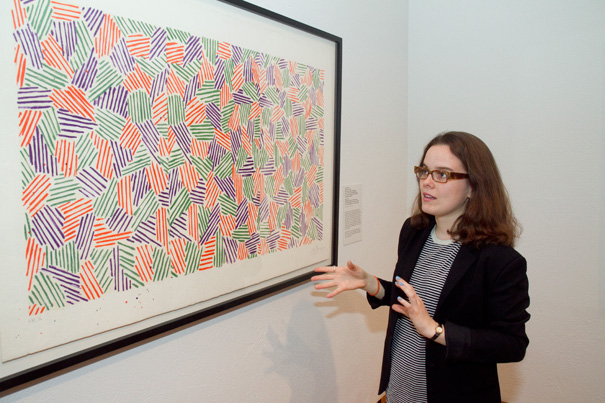
-
Exhibit honors influential Harvardians
The Harvard University Center for Italian Renaissance Studies (Villa I Tatti) in Florence, Italy, has announced a new online exhibition, “Berenson and Harvard: Bernard and Mary as Students,” opening June 4.
-
A.R.T. reaps Tony Awards notice
Diane Paulus, artistic director of the American Repertory Theater (A.R.T.), and her reimagined production of “Porgy and Bess” nabbed 10 Tony Award nominations, and another musical with ties to the A.R.T. grabbed 11.
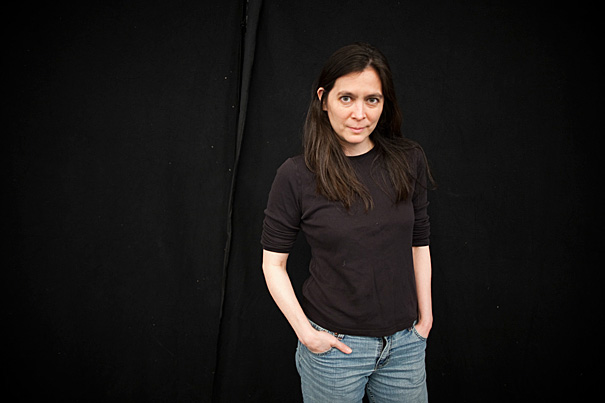
-
Where the magic happens
We asked several Harvard authors to talk about something different, not what’s in their books but where and how they write them. Here’s what they said.
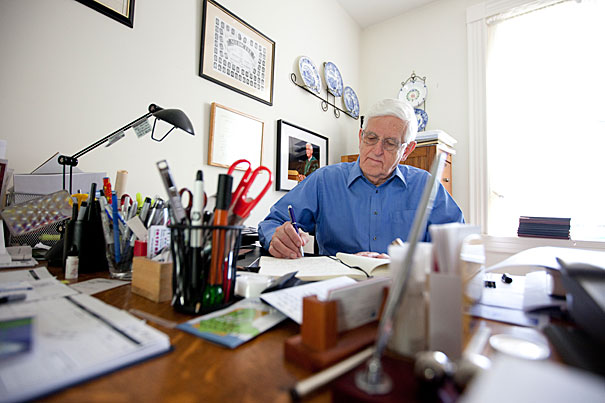
-
An intimate body of work
An intimate exhibition at the Harvard Art Museums/Arthur M. Sackler Museum offers viewers a look at a body of largely unknown photographic work by one of the most versatile talents of the modern art movement in Germany.
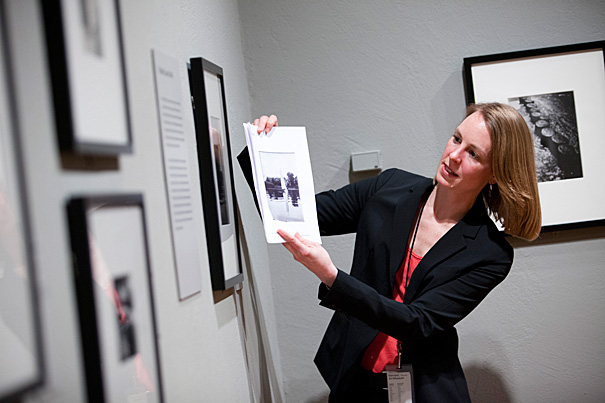
-
Paul Tillich at Harvard
Four speakers recalled the spiritual and intellectual ambition of theologian Paul Tillich in an event marking the 50th anniversary of his retirement from Harvard.
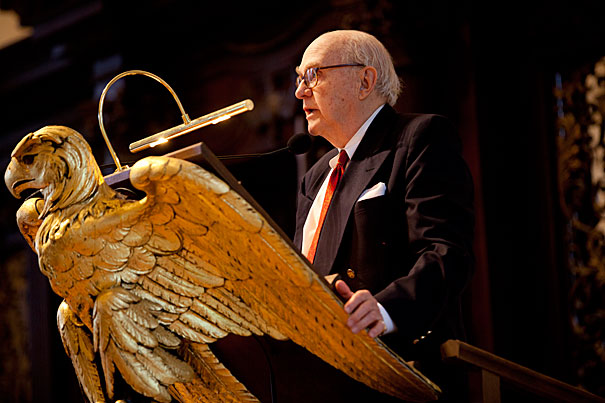
-
When the smartphone’s turned off
HBS professor’s experiments and book show the advantages of workplace teams getting together to share responsibility for down time, while keeping productivity high.

-
An art exhibit replete with diversity
“Attached” is this year’s display of senior theses in the Department of Visual and Environmental Studies. Their work is on display through May 24.
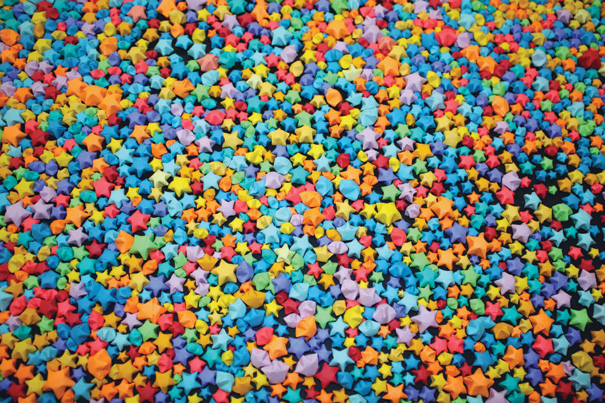
-
Love Poems
Boylston Professor of Rhetoric and Oratory Jorie Graham celebrated the legacy of Harvard poets such as T.S. Eliot, E. E. Cummings, and Wallace Stevens, with a student performance of their verse in “Over the Centuries: Poetry at Harvard (A Love Story).”
-
‘Breaking Boundaries’ at Arts @ 29 Garden
“Breaking Boundaries: Arts, Creativity and the Harvard Curriculum” was featured at Arts @ 29 Garden, which is an interdisciplinary space where Harvard faculty, students, and visiting artists come together to make art that enhances, embodies, and re-imagines learning.
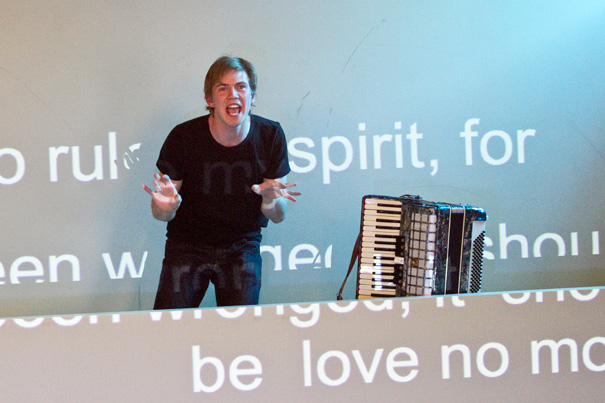
-
Tradition of the powwow
The Harvard University Native American Program sponsored the annual Harvard Powwow celebration that brought together Native American singers, dancers, and drummers at the Radcliffe Yard on Aprl 28.
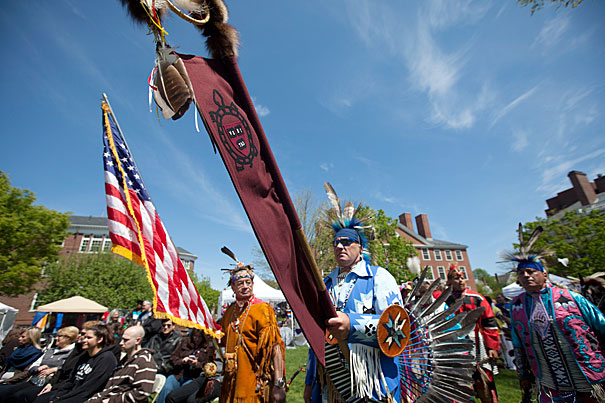
-
Tommy Lee Jones receives Arts Medal
Actor John Lithgow ’67 hosted the annual Harvard Arts Medal ceremony, which recognizes a Harvard or Radcliffe graduate or faculty member who has achieved excellence in the arts and has made a contribution through the arts to education or the public good. The medal recipient was actor Tommy Lee Jones ’69.
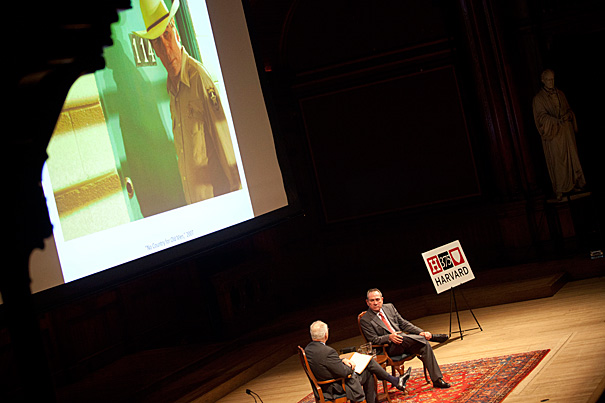
-
Hard-earned gains for women at Harvard
Helen Lefkowitz Horowitz, professor emerita of history and American studies at Smith College, examined the shifting gender landscape at Harvard during a talk at the Radcliffe Institute for Advanced Study.
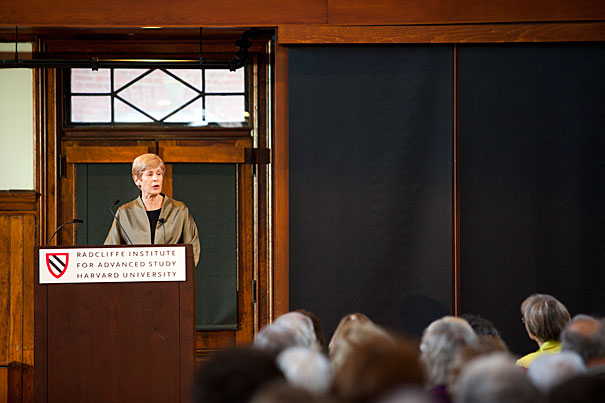
-
At his own speed
Artist David Michalek, creator of “Slow Dancing,” a temporary installation on the façade of Widener Library, discussed the evolution of his work during a talk at Boylston Hall.
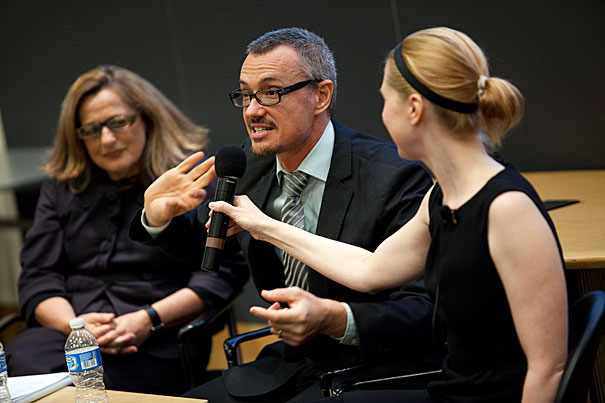
-
Illuminating an unseen history
In his new book, “Revolt: An Archaeological History of Pueblo Resistance and Revitalization in 17th Century New Mexico,” Assistant Professor of Anthropology Matthew Liebmann offers a first-of-its-kind look at how the Pueblo people lived during their brief independence from Spain.
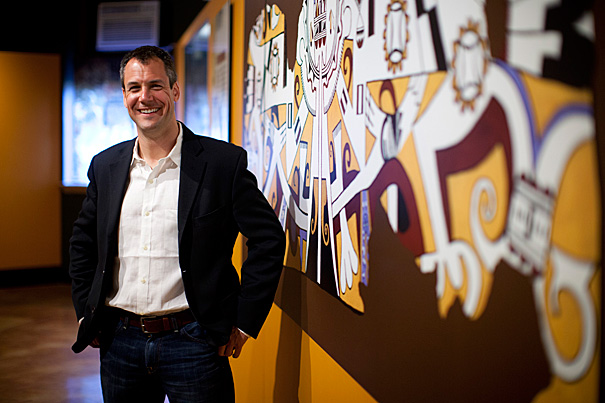
-
Getting students to perform
Harvard Professor of Music Richard Wolf fell in love with the vina, a South Indian lute, while in college. Now he uses his passion for the vina and other non-Western instruments to help others learn how to play and understand music from other cultures.
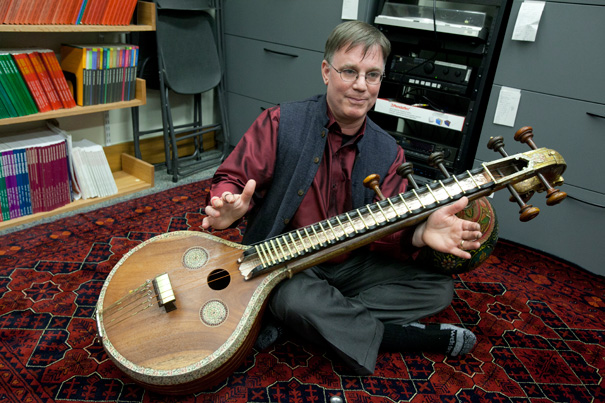
-
Six fresh books worth perusing
Among these recent titles by Harvard writers, there’s something for everyone.
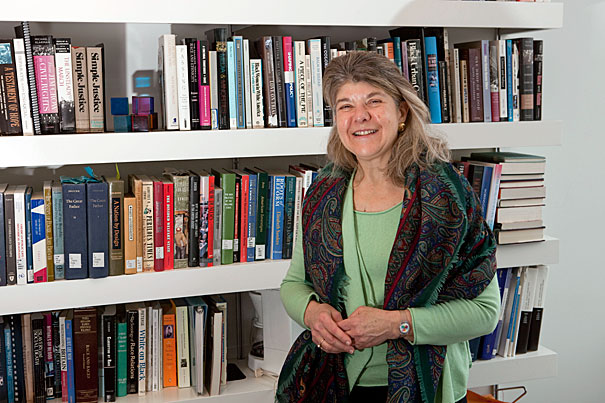
-
Tripping the arts fantastic
Harvard’s Arts First festival is celebrating its 20th year with poetry, performance, and a stunning public art display.
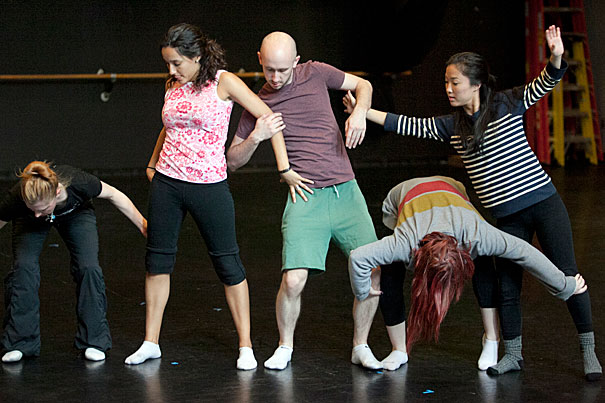
-
Poetry in motion
Something about Harvard, one of the world’s most rigorous universities also helps poets to blossom. It has a lyric legacy that spans hundreds of years and helped to shape the world’s literary canon.
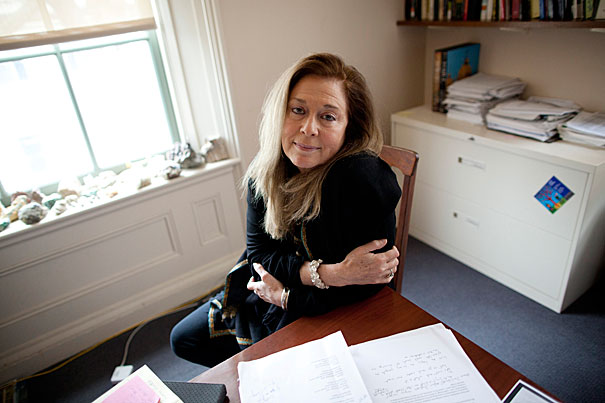
-
Echoes of the Titanic
On the centennial of the ship’s sinking, Harvard historian Steven Biel has a new edition of his book, which traces the cultural arc of that myth-making disaster.
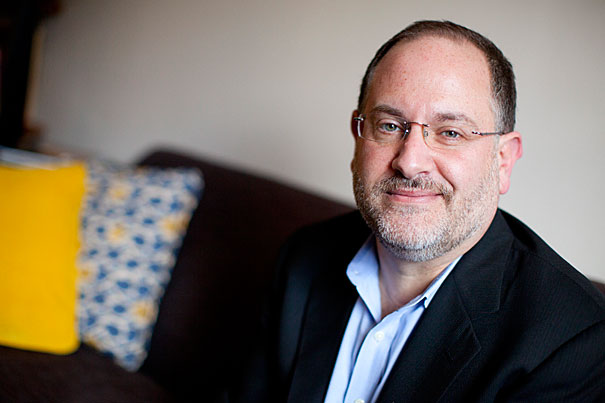
-
McEwan recounts his missteps
Fact-fussy readers help author to remember that a novel’s “air of reality” is among its supreme virtues.
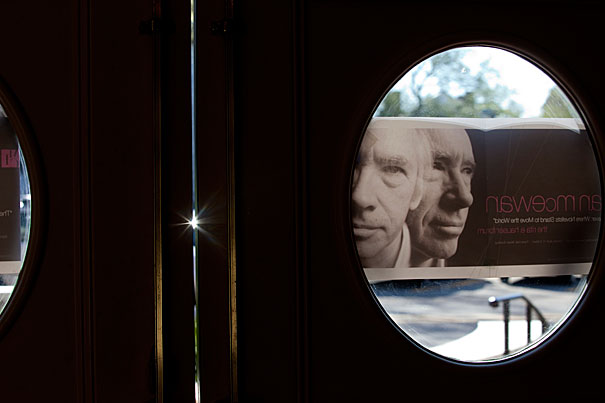
-
On the page, life after prison
Author Tayari Jones, a Radcliffe fellow, is at work on her fourth novel, set in the American South. “Dear History” explores how a family comes to terms with a wrongful conviction.
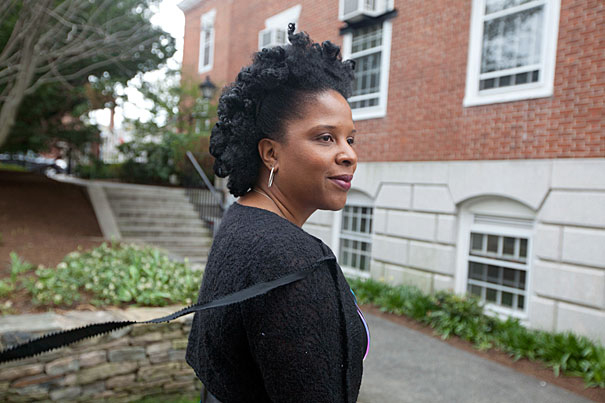
-
Linking libraries, museums, archives
The archivist of the United States joins an interdisciplinary conversation at Harvard about the whys and hows of integrating libraries, archives, and museums.
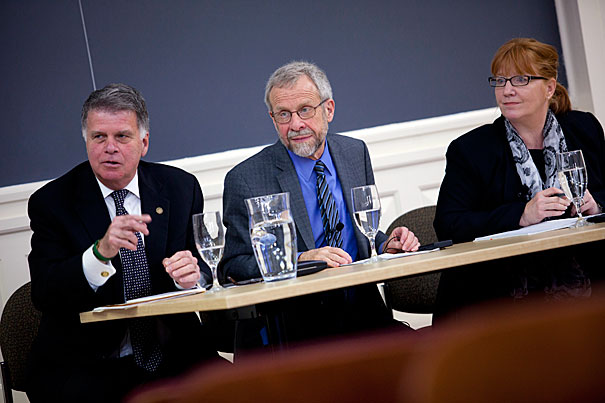
-
Winslow Homer’s Civil War
Two Harvard experts moderate a gallery talk about Winslow Homer’s beginnings as a Civil War artist.
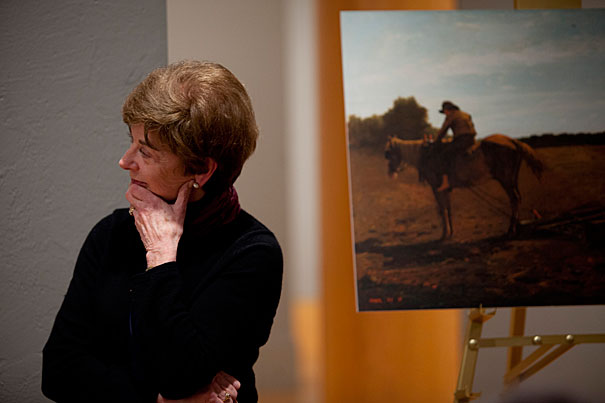
-
The Widener Memorial Room
The Harry Elkins Widener Memorial Room houses about 3,300 volumes from the book collection of its namesake, a 1907 Harvard graduate who died in the sinking of the RMS Titanic…
-
Tremendous Pipes
A C.B. Fisk organ, Opus 139, was unveiled Easter Sunday in Harvard’s Memorial Church.
